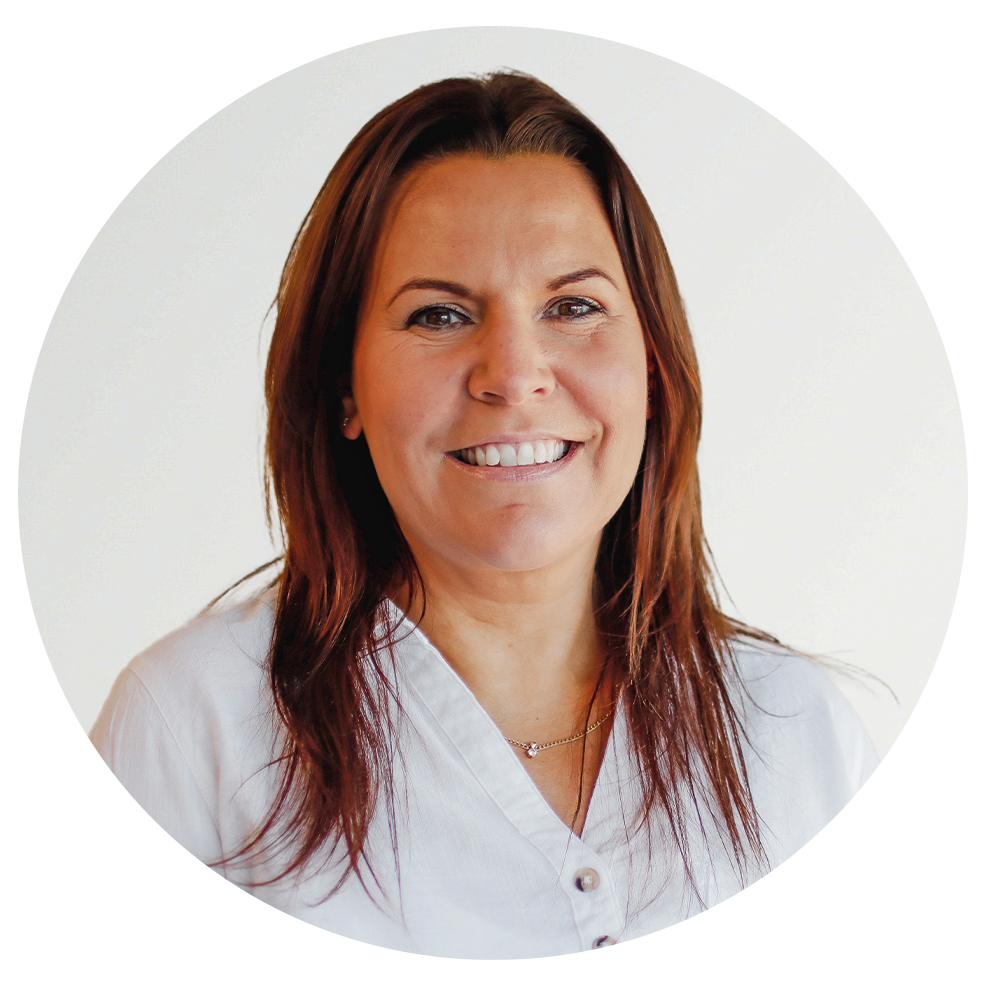The link between nutrition, pressure ulcer prevention and wound healing
Our skin is the largest organ of the body and acts as a barrier to our internal systems that are essential for our health and well-being. Within this webinar you will learn about taking positive steps with your patient’s nutrition to ensure you are doing all you can for your patients to improve their skin integrity, to give the best outcome to prevent any breakdown and if a wound or pressure damage occurs, how you can put in place strategies to heal these wounds using nutrition.
Learning Outcomes
- To have an understanding of prevention of pressure ulcers using the aSSKINg bundle
- To gain more in depth understanding of how nutrition plays an important part in the viability of tissue
- To identify high risk individual’s due to their medical considerations
- To understand how nutrition helps with healing wounds and how to do this in practice
Meet our Experts

Sarah has always had a keen interest in Tissue Viability since becoming a registered nurse in 2002. Her experience varies from within a community setting, where she completed her Tissue Viability based degree in 2007. She then worked within the private sector to gain additional advanced wound care skills whilst working with a medical devices company specialised in wound healing. In 2010, Sarah became a Tissue Viability Nurse and shaped a specialised service within the acute sector for 7 years before returning to the community setting as a TVN.

Tracy has worked as a registered nurse since 2004 and has always had an interest in nutrition. Spending much of her career in different critical cares Tracy worked on various nutrition initiatives around artificial feeding – including naso-gastric feeding and parenteral nutrition. By 2011 Tracy moved on to become a Nutrition Nurse Specialist covering all aspects of patient nutrition. During this time Tracy became an active member of the National Nurses Nutrition Group, becoming Secretary in 2016. By 2017 Tracy moved into Cancer Services, first working as a upper gastrointestinal and hepato/pancreatic/biliary Lead Clinical Nurse Specialist.
People who watched this also watched...
Remote assessments and occupational therapy: Legal framework and practical implications
This webinar explores the legal context of remote assessments in health and social care – that is, law relevant to the meeting of people’s needs, their safety and the safety of practitioners. The legal context will include: Care Act 2014, NHS Act 2006, Health and Safety at Work Act 1974 and associated regulations as well as the question of possible common law liability for negligence.
Building a strong foundation: Care principles and professional development for early career OTs
This session is aimed at Occupational Therapy students and new graduates who want to explore core principles of good care that will be guiding them as healthcare professionals. The session will touch on the four pillars of practice, the role of supervision and education, and the importance of continuing professional development throughout their careers. By the end of the session attendees should feel more confident about the foundations of care across a range of clinical settings.
New year, same challenges: taking care of yourself
In this session, discover strategies to combat burnout and other challenges faced in health and social care, explore usable welling practices and learn how to create a personalised self-care action plan.


